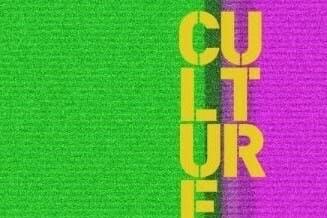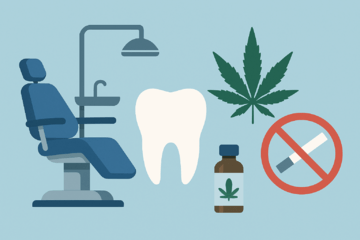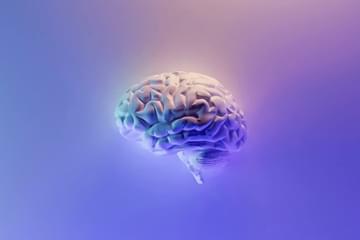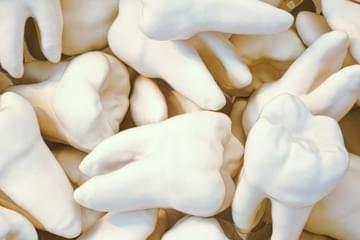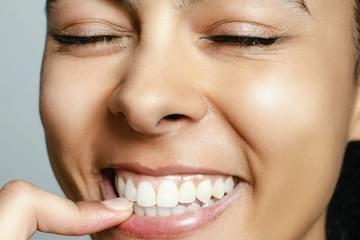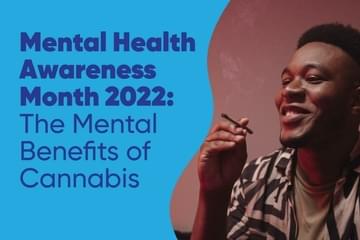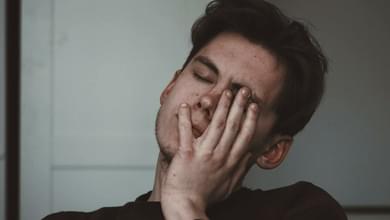
Is Weed Good for Hangovers?
Published on 1/7/23
Hangovers are one of the worst side effects of consuming too much alcohol. From nausea to headaches, hangover symptoms run the gambit of mental and physical ailments. Luckily, one of our favorite plants might be the best cure for a hangover, too: cannabis.
While the prominent psychoactive cannabinoid of cannabis, THC, is sometimes jokingly referred to as The Hangover Cure, this stoner-ism might have more science to back it up than we once thought.
What is a Hangover?
Hangovers are the body's way of reminding us of our body's limits with alcohol. The causes of the body's reaction to overindulging in alcohol are as varied as the symptoms. The first and most apparent is that alcohol is metabolized into acetaldehyde in our bodies, a substance that is toxic at high levels. However, it's rare for concentrations to reach entirely toxic levels, so this is not the complete explanation.
Hangover symptoms first begin to set in after blood alcohol levels start to fall. According to some experts, the worst symptoms occur when levels reach zero.
The key takeaway is to avoid drinking to "intoxication," regardless of how many drinks it takes to get there. Since everyone's alcohol tolerance is different, if you're a light or moderate drinker, you may be even more vulnerable to getting a hangover than heavy drinkers because your body isn't as used to the substance.
At the same time, though, seemingly contradictory research suggests that people with a family history of alcoholism are also prone to worse hangovers. This is due to the tendency that some people may be more likely to develop a drinking problem when they habitually drink in the morning in an effort to relieve hangover symptoms.
How it Affects Our Bodies
Hangovers produce a wide variety of physiological symptoms, like diarrhea, fatigue, headache, nausea, and body shakes. Sometimes, systolic blood pressure rises, the heart beats faster than usual, and sweat glands overproduce; all of which are classic examples of the "fight or flight" response. Some people experience migraine symptoms like sensitivity to light or sound, while others suffer a spinning, vertigo-like sensation (vertigo).
Drinking alcohol also interferes with brain activity during sleep, usually making it easier to fall asleep initially but more difficult to stay asleep with overall lower sleep quality, so hangover symptoms are likely partially due to sleep deprivation.
Alcohol also scrambles the hormones that regulate our biological clocks, which may be why a hangover can feel a bit like jet lag. Alcohol can also trigger full-on migraines, so some people may confuse the feeling of a hangover with an alcohol-induced migraine they're suffering from. So, what helps a hangover? Cannabis might be a more effective treatment than you might think.
Is Weed Good for Hangovers?
How Cannabis Works in our Bodies
Tetrahydrocannabinol (THC) is one of the main psychoactive cannabinoids found in cannabis. Once in your body, THC interacts with your endocannabinoid system (ECS) by binding to pre-existing receptors in your body.
This means it has a range of effects on your body and mind, like a reduction in pain and appetite stimulation. For some, though, over-consuming THC may increase hangover anxiety and paranoia in some cases.
The other major cannabinoid found in cannabis is cannabidiol (CBD). Unlike THC, CBD doesn't make you feel typically "high." While experts aren't entirely sure how CBD interacts with the ECS, many believe it works by preventing endocannabinoids from being broken down, which allows them to have more of an effect on your body. While the details of how it works are still under debate, research suggests that CBD can help with pain, nausea, and other symptoms associated with multiple conditions.
So, should you use indica or sativa for hangovers? The strain type doesn't matter, but if you're looking for an energetic boost, seek out sativa and if you're looking to chill out and relax, try an indica strain.
How Do They Mix?
So, is weed good for hangovers? Alcohol can lead to dehydration, produces an inflammatory response in the body, irritates the stomach lining, often provoking nausea or vomiting, lowers your blood sugar, which can make you feel fatigued or jittery, and expands your blood vessels, which can cause headaches.
Many of these problems can be addressed by drinking plenty of water and eating nutritious food, even when you feel sick. But, there are three areas in which cannabis is beneficial: Getting a better night's sleep, nausea reduction and increase in appetite, and anti-inflammatory properties.
Why THC is The Hangover Cure
 Unsplash
UnsplashGetting a Better Night's Sleep
One of the biggest issues with hangovers is their ability to disrupt your sleep cycle. This can lead to insomnia or restless sleep, which will only worsen your hangover and make recovery much longer. Cannabis is also a well-known muscle relaxant and stress reliever. This weed hangover cure can help calm the body and ease tension to improve sleep.
Nausea Reduction and Increased Appetite
Cannabis may also act as an antiemetic, which can help reduce nausea and vomiting. Alcohol can cause dehydration and nausea, leading to a loss of appetite. This will only worsen the hangover, leading to more lethargy and fatigue.
Cannabis is well-known for its ability to give you the munchies, making it an excellent treatment option for hangover symptoms that affect your appetite and, thus, help you increase your energy level. In response, cannabis may help boost your metabolism. This is because cannabis contains cannabinoids that interact with the endocannabinoid system in your body, resulting in increased energy and reduced fatigue.
Anti-Inflammatory Properties
Cannabis can reduce inflammation in the body, bringing down swelling and puffiness, reducing muscle and joint pain, and boosting your mood. Cannabis is known for its mood-lifting effects, and it can help improve your mood and enhance your sense of well-being.









